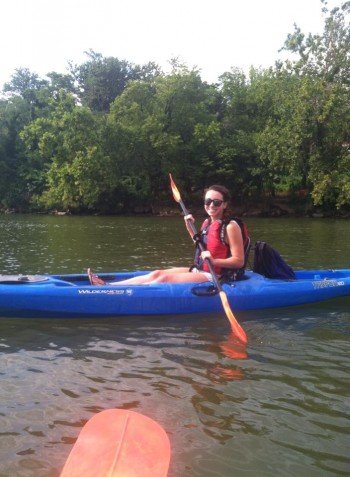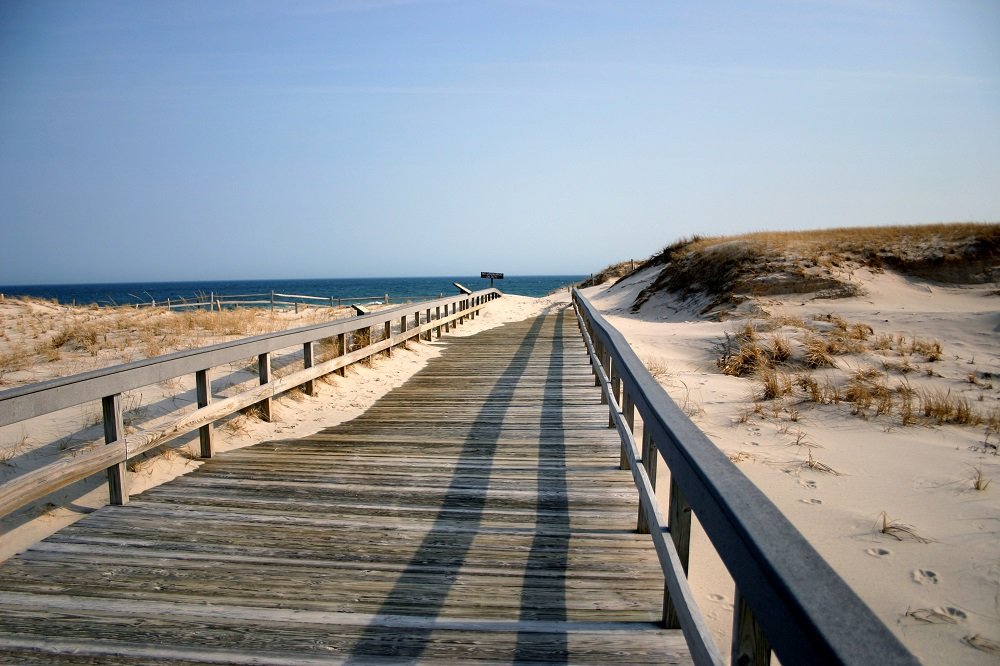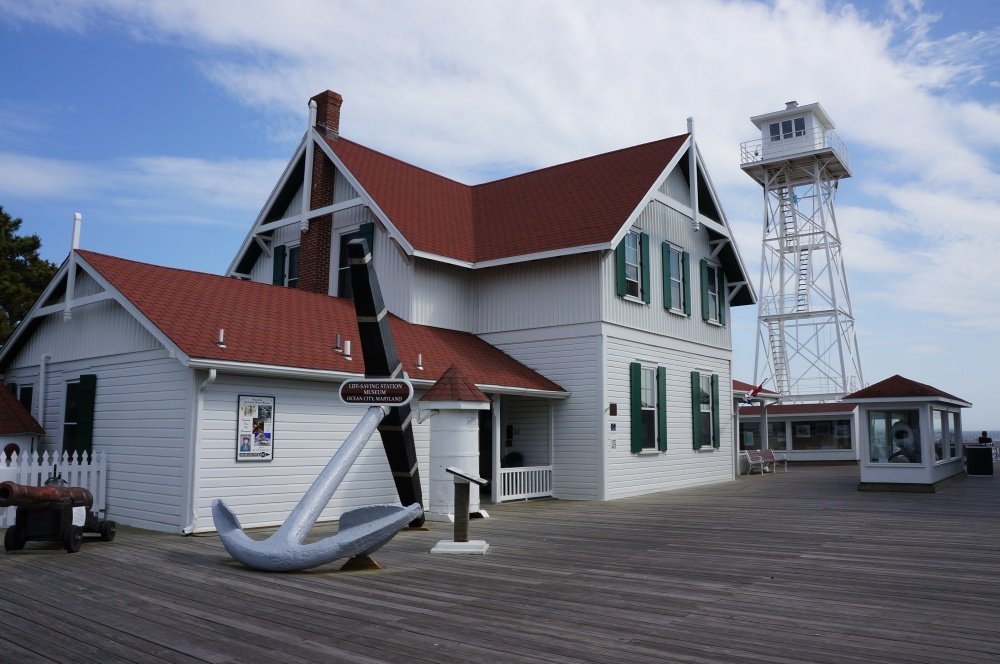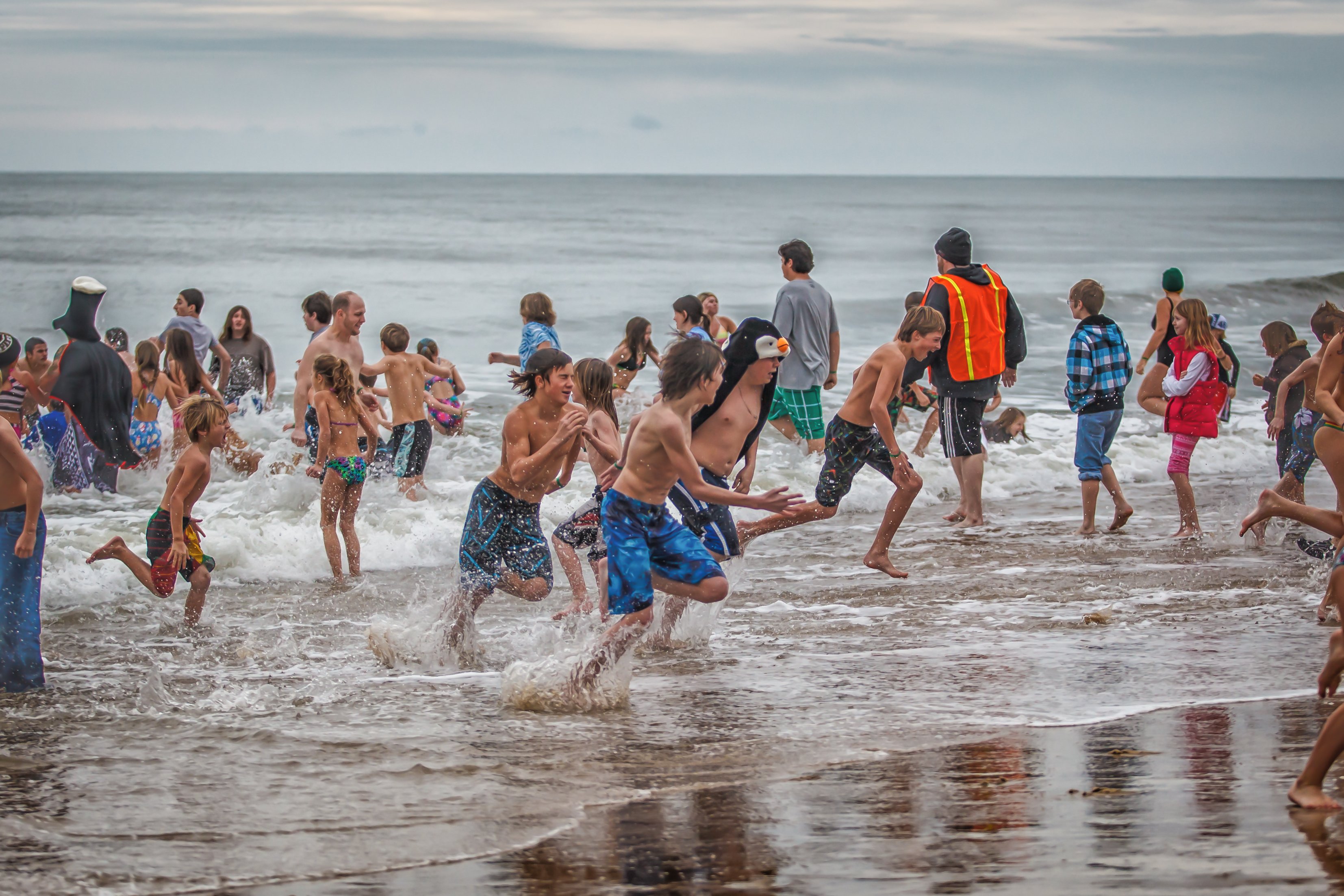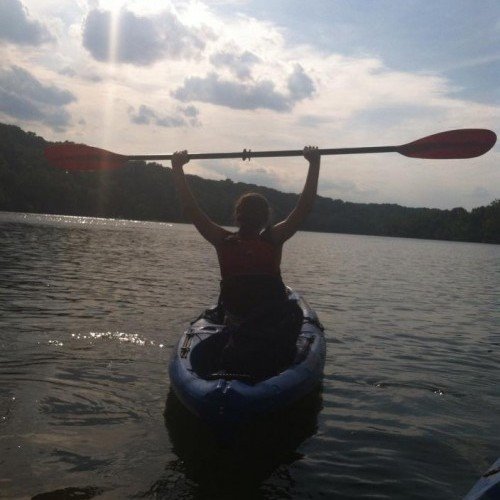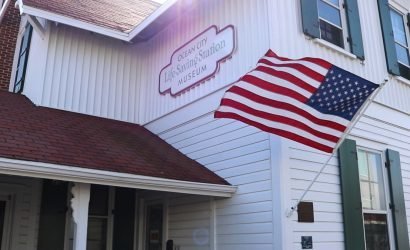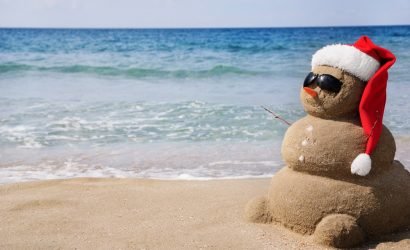All of you loyal ShoreBread Instagram followers probably saw our picture earlier this week of one of our ShoreBread staffers kayaking. Well last week when the humidity was low and a light breeze was blowing, we paddled our way up, down (and sideways one time…woops) the Pocomoke River. Before we made our trip to this body of water, we were not aware of the unique history that surrounded it. However, we quickly changed that and as we floated downstream, we garnered a greater appreciation of our surroundings.
The Pocomoke River is considered the most eastern tributary of the Chesapeake Bay, running approximately 66 miles long, beginning in Delaware and emptying into the Bay. The river’s roots start in the Great Cypress Swamp, populated by a variety of trees including the bald cypress, for which it is named. These trees are conifers (they make pinecone like fruit,) but shed their needle-like leaves in the fall. There are a few of these unique trees around Salisbury too!
The river is also one of Maryland’s designated Scenic Rivers, acts as a boundary between Worcester and Wicomico Counties, and was the sight of the first recorded battle between colonists occurred on the Pocomoke.
The name of the river is often thought of being translated to “dark water” in an Algonquian American Indian dialect. However, the word actually means “broken or pierced ground,” most likely referring to the plowed earth from Algonquian farms that once lined the river’s banks. Due to their agricultural lifestyle, the Pocomoke lived in stationary buildings called wigwams. Unlike the plains tribes who were nomadic and relied on hunting for survival, Pocomoke homes could not be easily moved.
The location of the Pocomoke people’s home was also beneficial because their access to the Atlantic provided them with wampum shells that were used as currency. The tribe’s proximity to the water also introduced them to European settlers. Captain John Smith mapped the Pocomoke’s region, but historians believe that the American Indians also had previous contact with earlier colonists.
